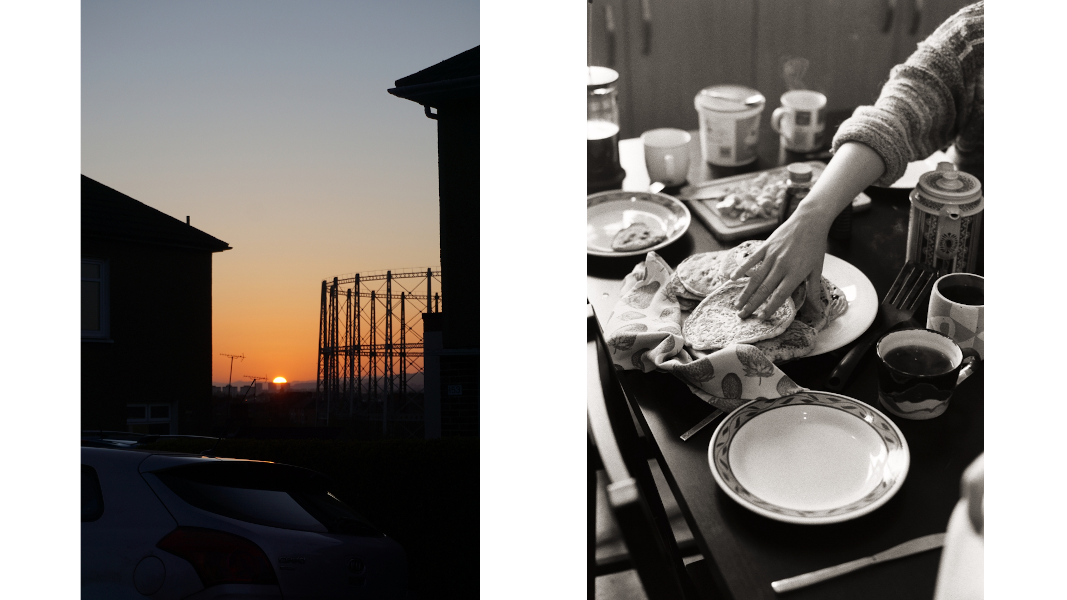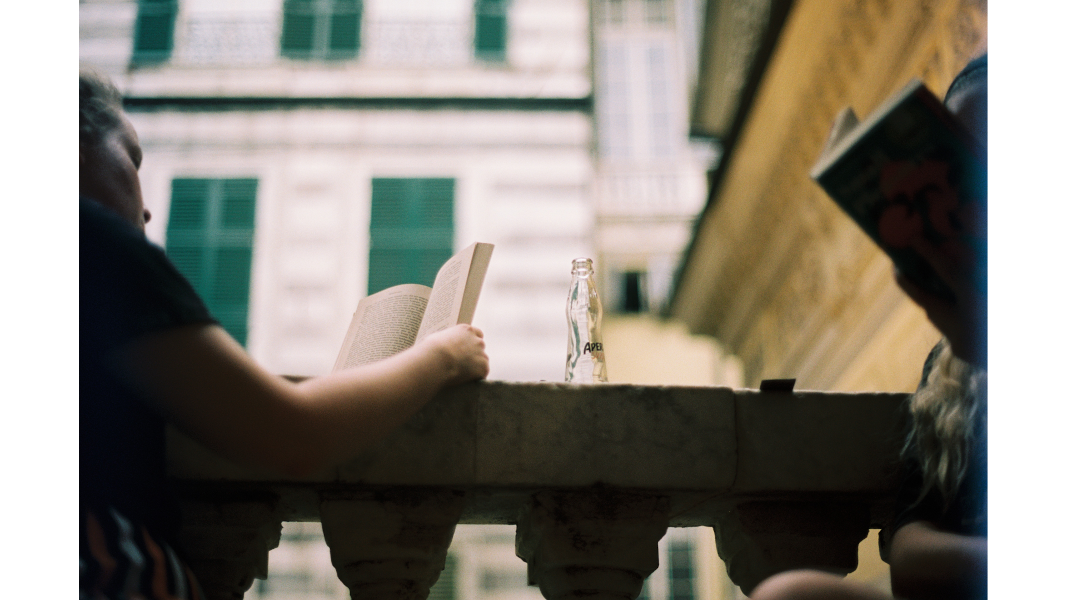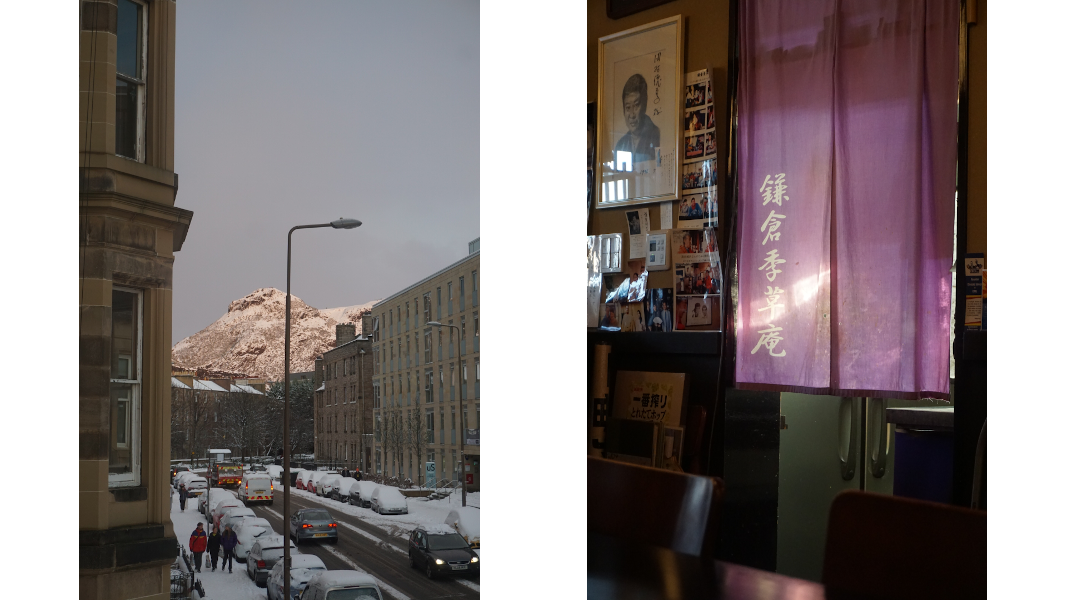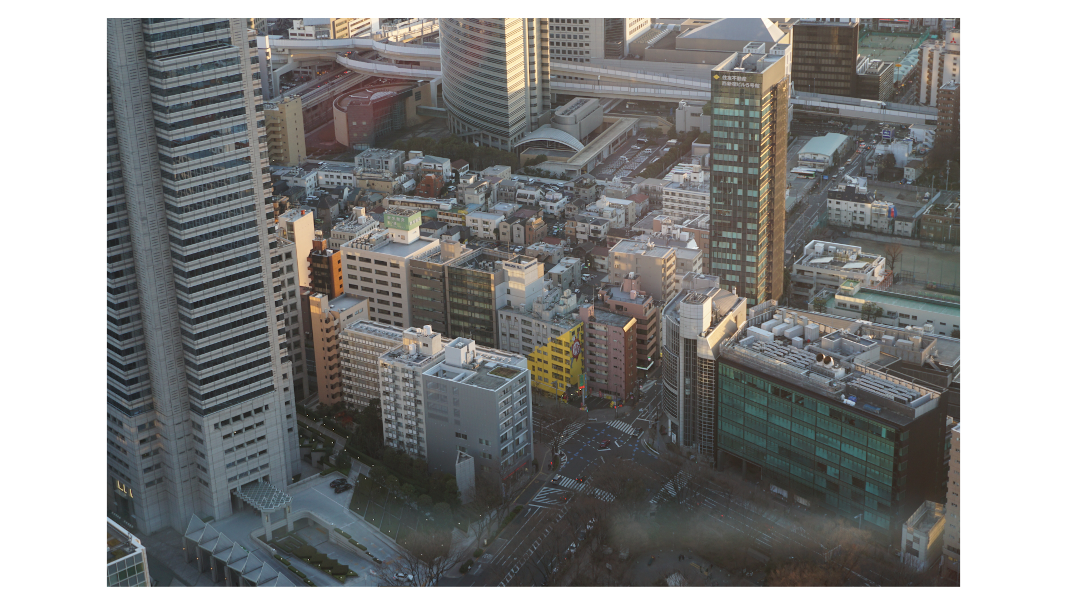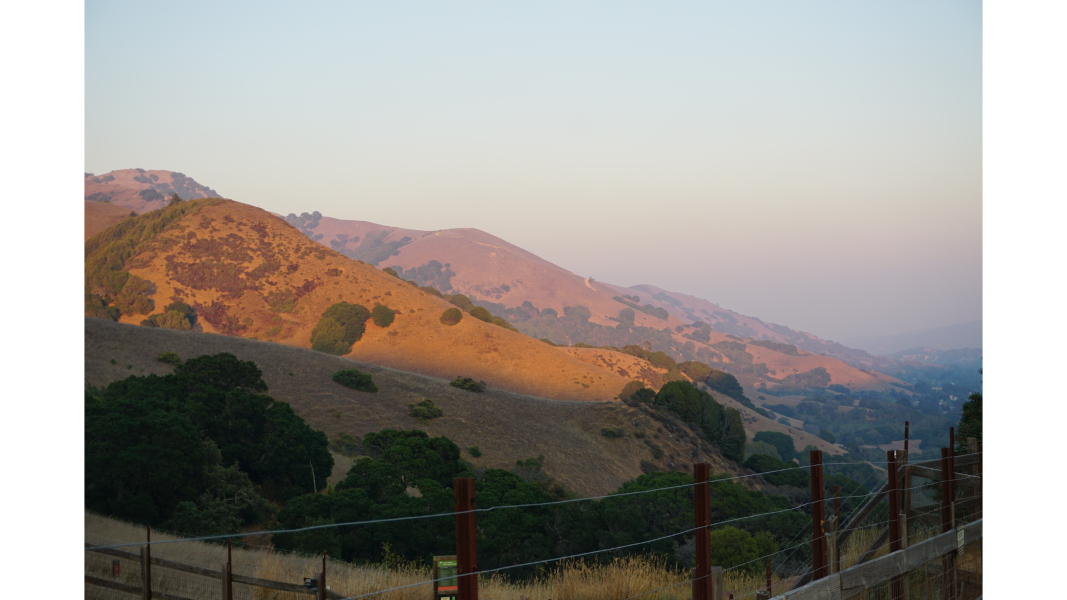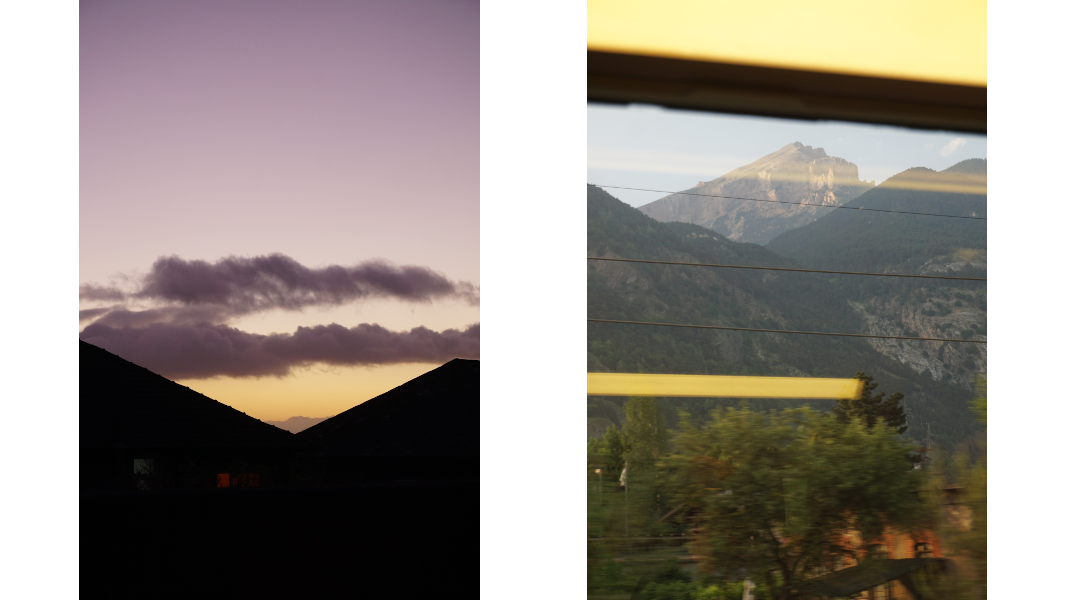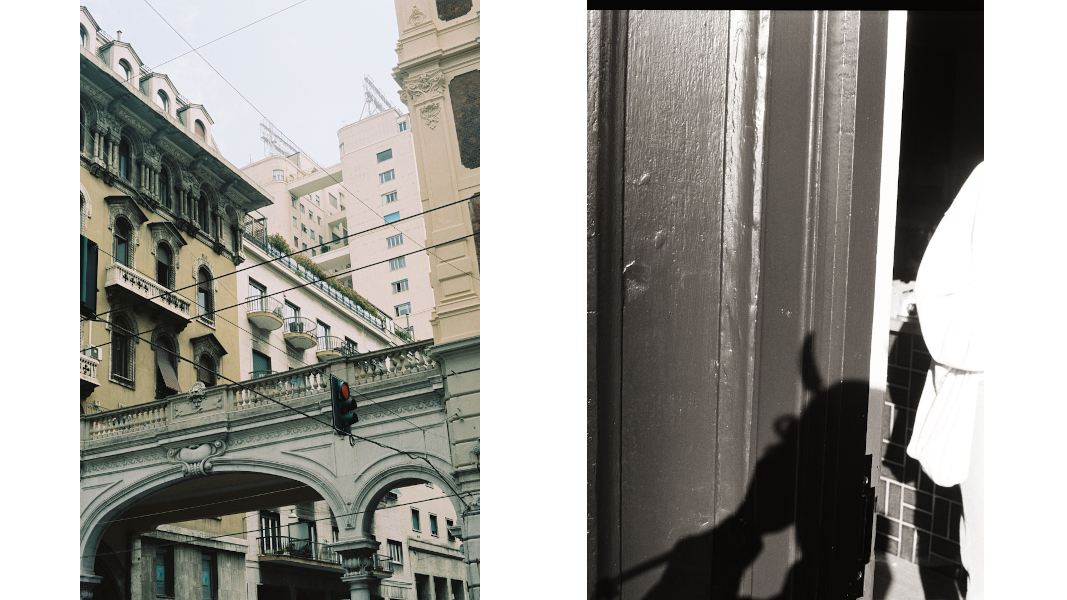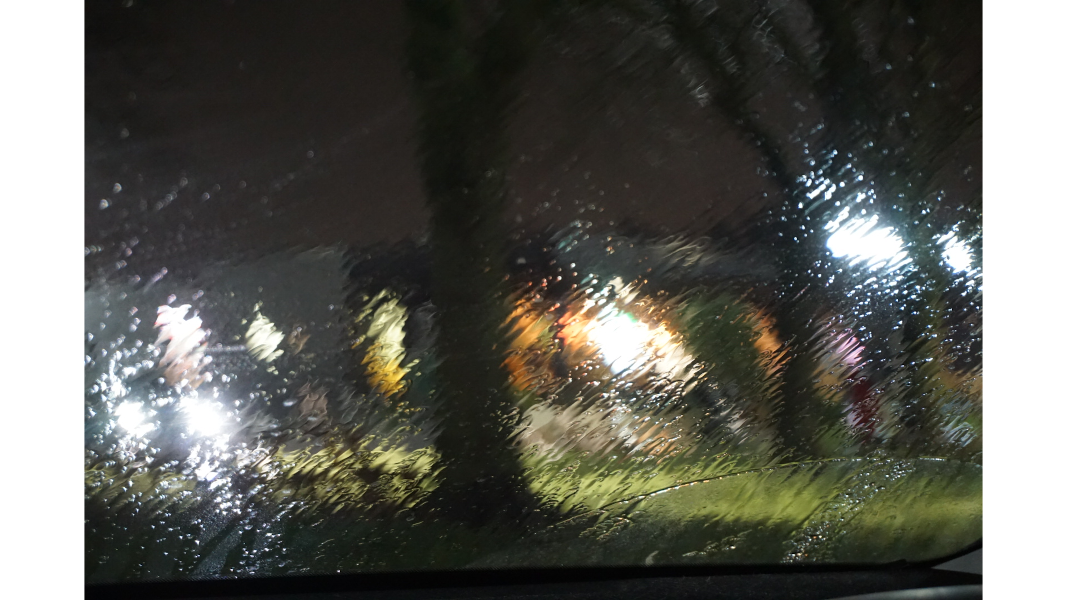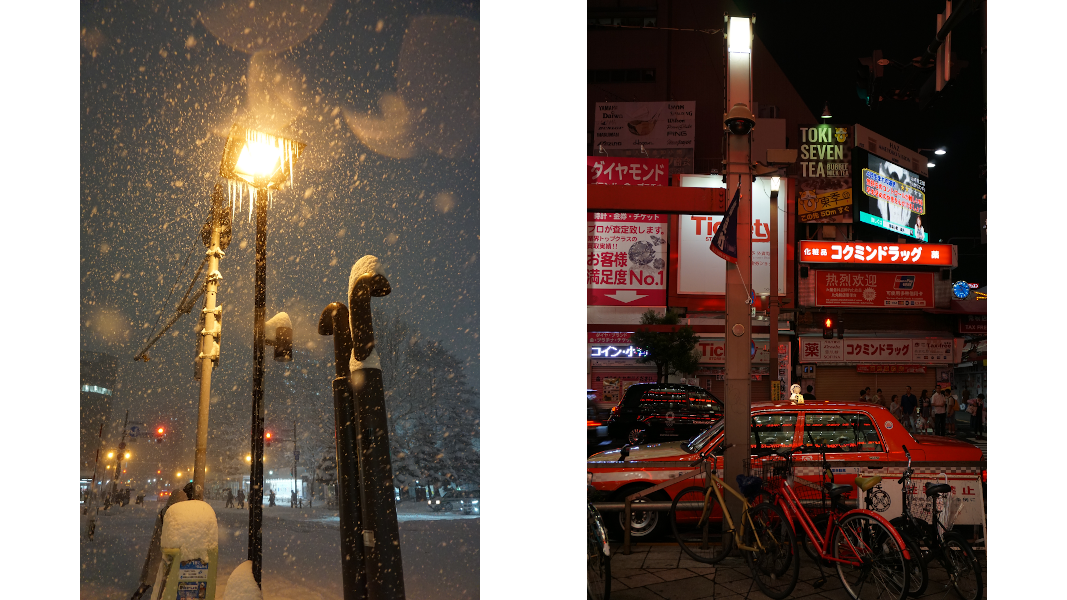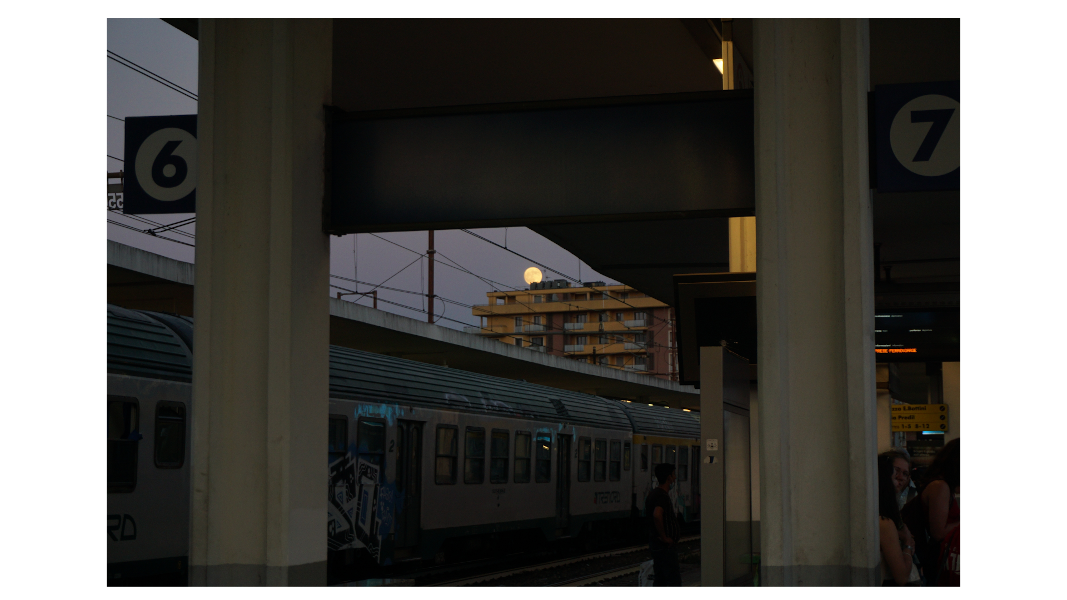
Storm Colloms
they/them
Welcome! I'm Storm, a final year PhD student at the Institute for Gravitational Research at the University of Glasgow,
working on gravitational wave astrophysics. In particular my work focuses on using gravitational wave data and machine learning techniques
to understand the origins of stellar-mass binary black holes.
I am passionate about science communication, outreach, and working towards making science more equitable.
Outwith science, I am also appreciate photography, making pottery, and cats.

Research
PhD - Inferring the origins of binary black holes with gravitational waves (University of Glasgow, October 2022 to Present)
My research involves understanding the astrophysics of stellar-mass binary black holes.
Gravitational waves allow us to observe hundreds of merging black holes, sending ripples through spacetime.
However, there are still many unknowns about what processes and formation channels creates merging black holes, whether these objects formed directly from massive stars,
met though dynamical interactions, or more exotic processes.
Measuring the population properties of merging black hole binaries can tell us about the lives and deaths of binary stars, the environments in which they merge,
and the role of stars in the Universe.
Probing binary black hole evolution with efficient emulation
Population synthesis models simulate of populations of binary black hole progenitors,
taking into account details of astrophysical processes such as stellar binary interactions, supernovae, accretion, or dynamical processes.
I am interested in how best to compare population synthesis models to gravitational wave observations,
in order to constrain the uncertain astrophysics of binary stellar evolution and binary black hole formation.
Generating a single population with detailed population synthesis is computationally expensive,
and we need to consider multiple populations varying astrophysical input parameters to simulations of multiple formation channels.
I develop a type of machine learning models called a normalising flows to emulate population synthesis models,
allowing us to rapidly evaluate the outcomes of many simulated populations for different astrophysical assumptions.
Want to learn more about constraining black hole astrophysics with normalising flows? Read my paper here.
Want to learn more about how to use normalising flows? Check out this tutorial I developed to learn how to train your own normalising flow.
Understanding the correlation between binary black hole masses and mass ratios
Motivated by understanding if the biggest stellar-mass black holes can merge with the smallest black holes,
I have developed models to measure whether the minimum mass of black holes varies with the mass
of the bigger (primary) black hole. Complementary to my work with population synthesis,
these models are given by a parametric form, making them agnostic to assumptions in detailed astrophysics simulations.
With the third catalogue of gravitatioanl waves from LIGO--Virgo--KAGRA, we find there is no evidence for an evolving minimum mass.
This means that the data allow for the biggest black holes to merge with the smallest.
Want to learn more about investigating the correlation between black hole masses and mass ratios? Read my paper here.
Outreach
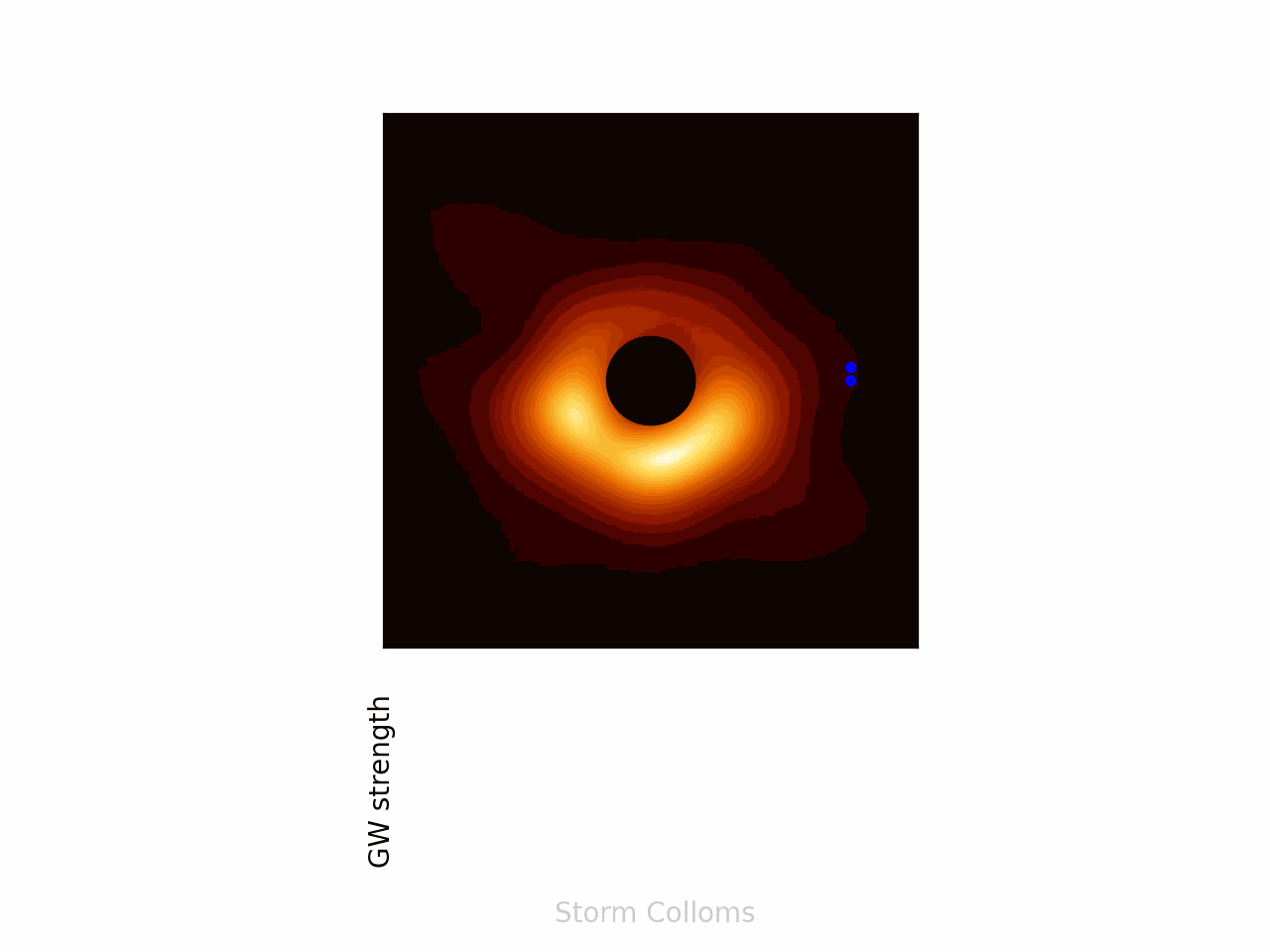
I'm involved in a variety of public outreach and science communication efforts, some detailed below:
Astrobites author and editor (January 2023 to 2025)
Astrobites is a worldwide collaboration of graduate students that summarises recent puplications in astrophysics into bite-size articles,
written for an undergraduate level. You can check out the articles I've written
here.
LIGO magazine illustrator (January 2023 to Present)
LIGO Magazine is a biannual publication by the LIGO Scientific Collaboration which details the latest research,
news and fun events across the community. Since Issue 22 I have been an editor and illustrator on the magazine editorial commitee.
You can find recent magazine issues here.
Humans of LIGO curator (January 2023 to Present)
Humans of LIGO is an initiative which celebrates individuals of the LIGO Scientific Collaboration, profiling a personal bio of
the diverse array of LIGO members and contributors. The blog is hosted here.
Photography
Below is a mix of film and digital photographs I have taken over the past few years.Contact
s.colloms.1@research.gla.ac.uk

